
Strong UN. Better World.
I have chosen to highlight the United Nations role in women's issues because it is an area in which progress has been made, and I was privileged to play some part. The role of a female pioneer is not easy: your performance has to be much greater than that of your male counterparts, and you are painfully aware that it is not just your personal career that is at stake, but also the prospects of other women who would like to follow in your footsteps.
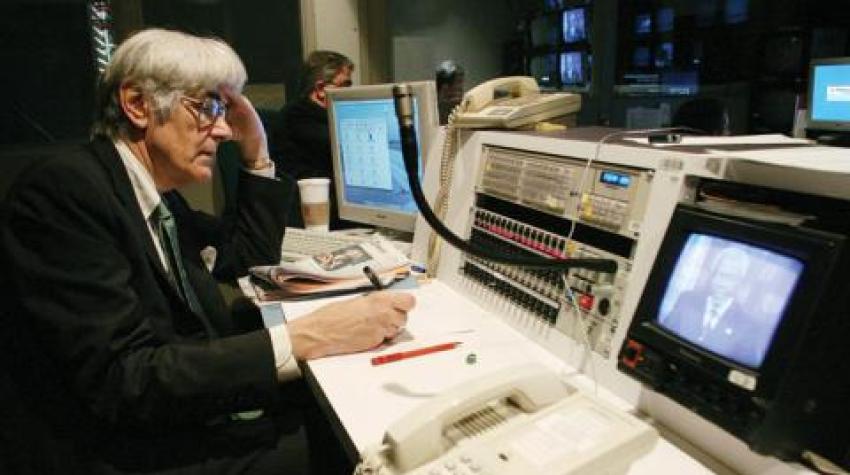
The First 70 Years of the United Nations: Achievements and Challenges
The humanitarian challenges continue to be daunting, especially with the rising number of people displaced not only by conflict, but by a complex range of factors including climate change. Yet, whatever their criticisms, few see any body other than the United Nations capable of leading and coordinating the response.
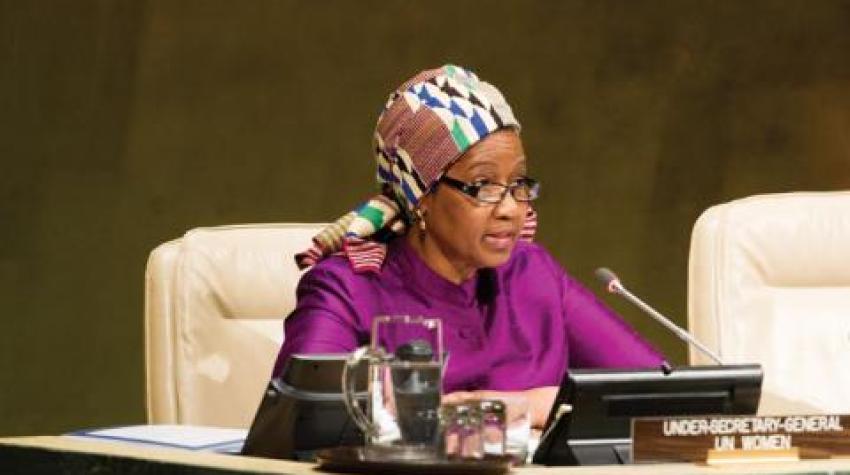
The UN at 70 and the Ongoing Quest for Gender Equality
Thanks to the determined contribution and vision of pioneering women (and men) throughout its history, gender equality and women's human rights have always been central to the three pillars of the work of the United Nations: peace and security, development, and human rights.
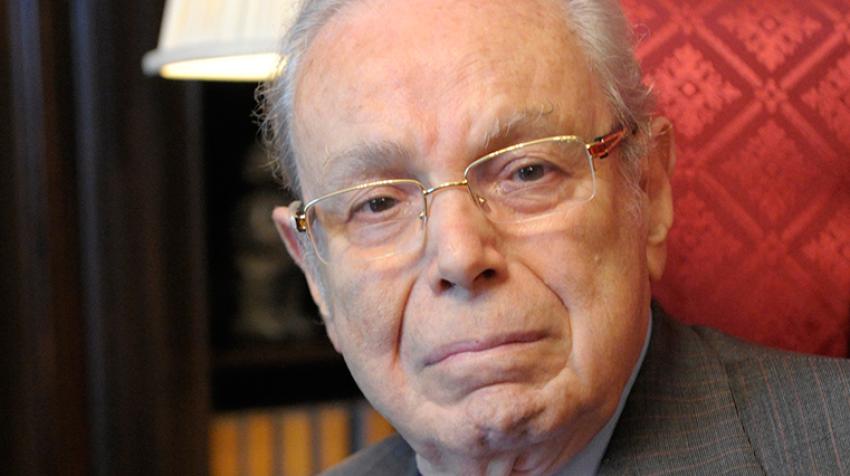
Independence and Impartiality as the Heart and Soul of the Secretary-General
When I attempt to distill my experience to its most precious essence, I come up with a single word: independence. That word encapsulates what gave me the strength and the ability to make a positive difference regarding a number of seemingly intractable issues that had bedeviled the international community, defying solution for years and years.
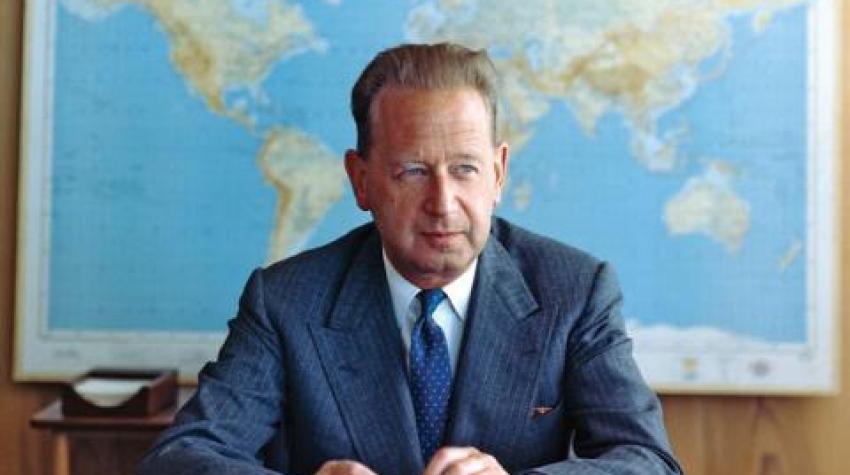
For We, The Peoples...
Dag Hammarskjöld's integrity, determination and tireless work to adapt the Organization and find solutions through constructive application of the Charter remains a source of inspiration and a guiding compass.
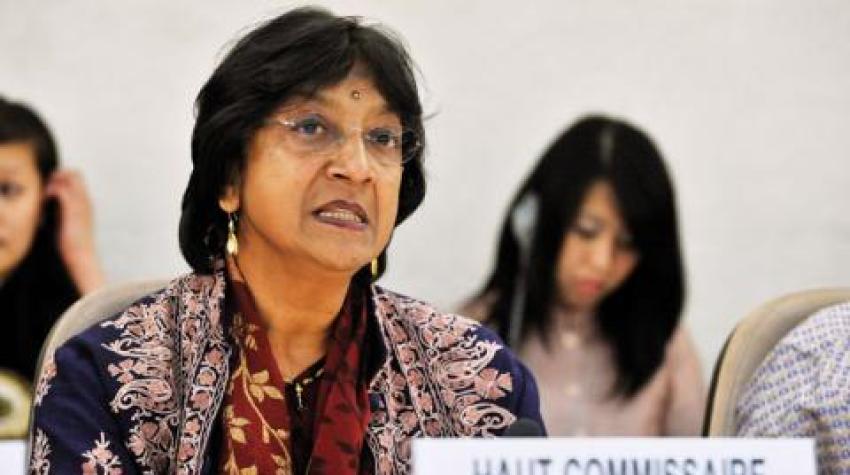
From Rhetoric to Reality
The United Nations provides us with a standard of values and norms, together with the tools to implement them. It has advanced resoundingly from a State-centred system of traditional international law, based on the pre-eminence of State sovereignty, into a norm-based institution. Its goals are clear: while respecting the freedom of sovereign States, it is also dedicated to protecting and promoting peace, security, development, rule of law and human rights for the people of the world.

From World Health to World Heritage: 70 Years of the United Nations
The history of the United Nations tells us more than just how the Organization emerged. It shows the dynamics of the Organization and its ability to adapt swiftly to changing circumstances. It is a story of cooperation across traditional enmities, which often played out behind the scenes and through little-known individuals.
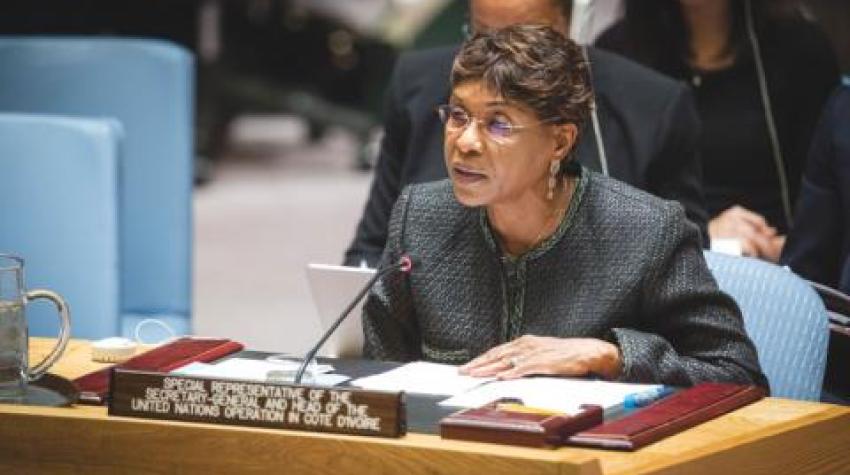
From Independence to Long-term Stability: United Nations Efforts in Africa
With the establishment of multidimensional peace operations and political missions, the United Nations has not only contributed to the gradual stabilization of the entire West Africa region, but has greatly influenced the course of regional dynamics, politics and policies.
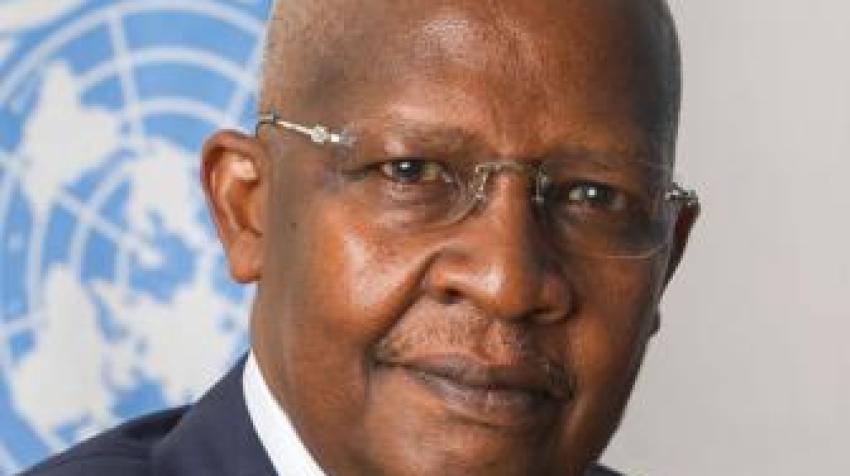
A Reflection on the Role of the United Nations in Ensuring a Secure, Prosperous and Equitable World
The work of the United Nations impacts people around the world on issues related to peace and security, development and human rights; from disarmament to efforts to combat terrorism and extremism; from conflict prevention to peacekeeping and peacebuilding; from disease prevention to the promotion of gender equality and universal education; from refugee resettlement to humanitarian assistance; from the rule of law to the fight against transnational crime. ... As we mark 70 years of existence, we have every reason to celebrate all that our community of nations has achieved. In doing so, we should also look to the future and strive to transform the United Nations to ensure that it remains effective and relevant in a dynamic and globalized new world.

Young at 70: The Promise of the United Nations Work with and for Youth
The year 2015 is critical. We must continue to build upon the momentum to promote youth priorities and increase investment in young people worldwide.
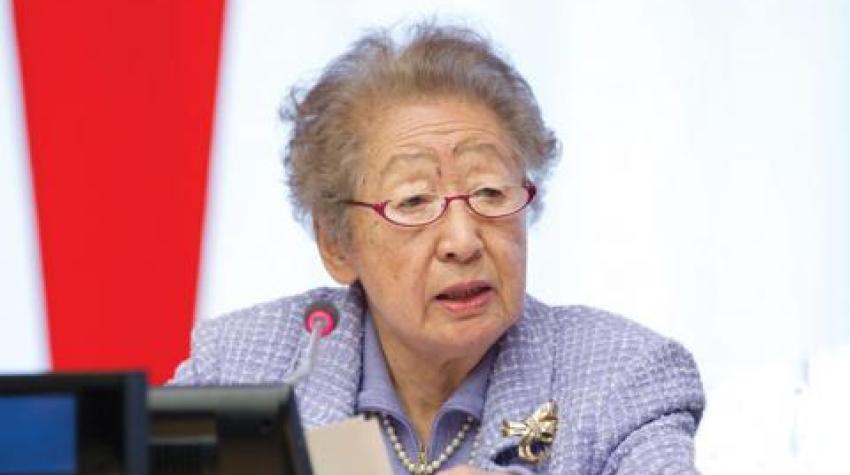
Striving for Human Security
Since the United Nations was established, significant progress has occurred. When the Charter of the United Nations was ratified, most Asian and African countries were still European colonies. The United Nations started with 51 Member States, expanding over these 70 years to 193 Member States today. The evolving threats and challenges against which the Organization is tested may have outpaced the progress. Article 1 of the Charter proclaims that the first aim of the world Organization is to maintain international peace and security. If to be secure means to be free from being killed, persecuted or abused, free from extreme poverty that brings indignity and self-contempt, and free to make choices, then still too many people today cannot afford security.
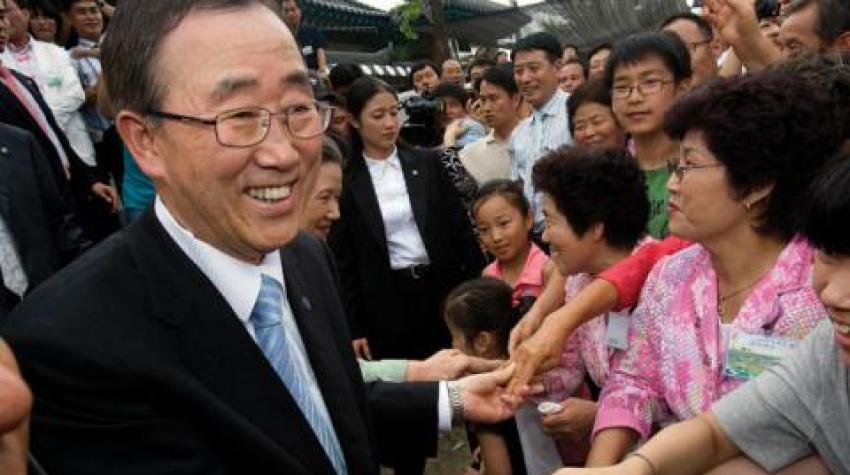
Message on the 70th Anniversary of the United Nations
On this anniversary and on every single day, we must use our power and influence to do what is right and what is necessary to uphold the Charter. While we cannot prevent earthquakes and tsunamis, we can do much to address the disasters that arise from human folly and short-sightedness. This is a time of test but far more one of tremendous opportunity. As the distinctions between the national and the international continue to fall away, we can and must use the lessons of 70 years to come together as a single human family and chart a course towards a safer and more sustainable future for all.
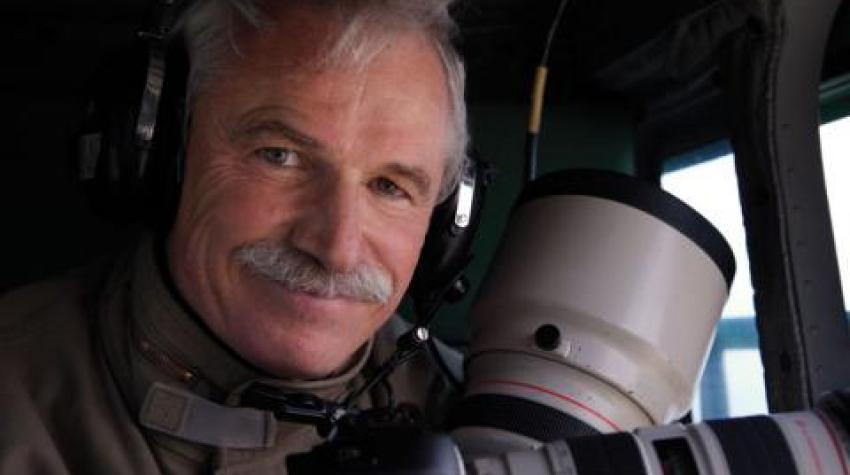
Living Together
The protection of the environment affects the preservation of the entire planet. It is also a subject closely related to provisions of the Charter, since a sustainable environment decidedly contributes to the assurance of the well-being of its inhabitants. United Nations initiatives are thus critical to finding solutions to most environmental challenges. Over the years, this question has become increasingly important in General Assembly deliberations and has been featured in its resolutions.
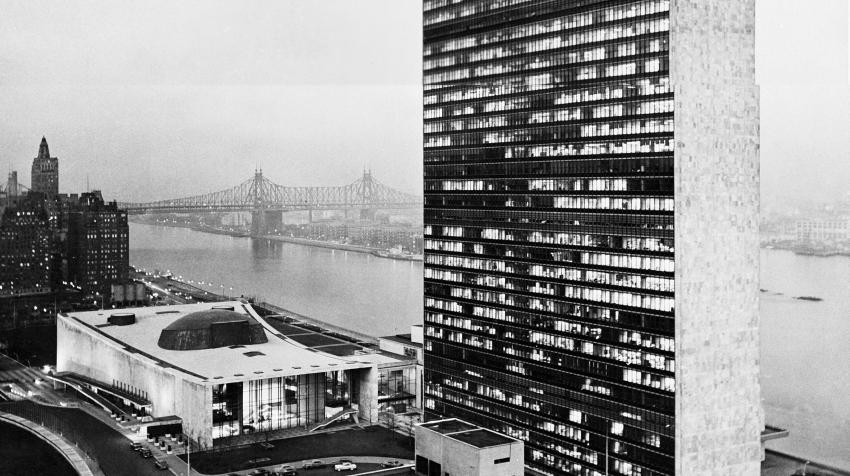
Foreword
In the spring of 2014, we started preparations for the 70th anniversary of the United Nations in 2015 and began exploring options that, in addition to being celebratory, would also contribute to substantive discussions about our Organization. Producing this special double issue of the UN Chronicle was at the top of the list of platforms for such discussions.
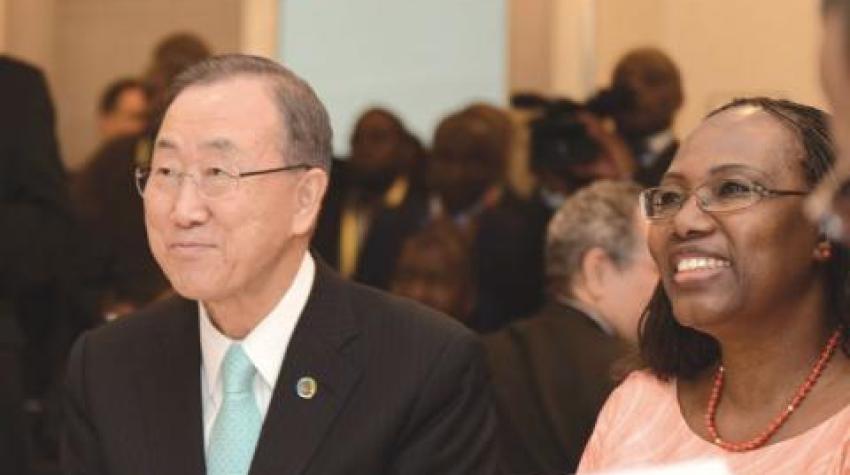
The United Nations at 70: Working as One to Deliver a Healthy Future for All
Good health cannot be achieved in a vacuum, however. If we are to truly create a healthier world, we must employ a health for all mentality and work across sectors to fully understand and respond to all social and environmental determinants of health
